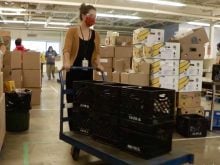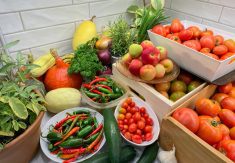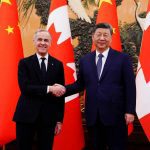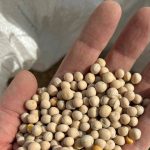Ahead of the upcoming UN Food Systems Summit, a lengthy list of “game-changing” action items have been released by organizers, including proposals for integrating climate plans across nations and developing a “responsible meat” initiative.
Taking place in September, many expect the summit to launch new strategies for achieving the international community’s 17 development goals.
That could mean the ushering in of a new era in sustainable policies domestically, as Canada increases efforts to hit ambitious targets, like ending world hunger. The impact holds potential to be felt on farms across Canada.
Read Also
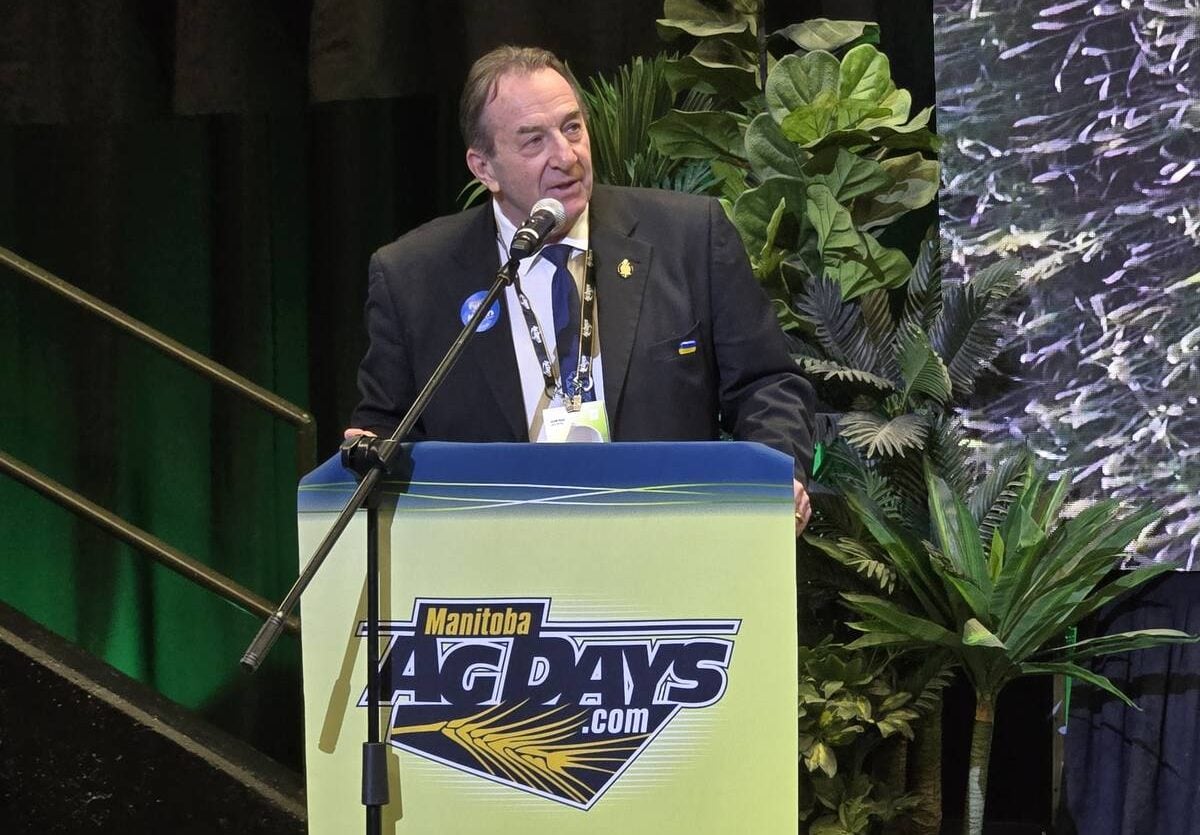
Manitoba crop insurance expands wildlife coverage, offers pilot programs
New crop insurance coverage is available to Manitoba farmers.
To get to that point, stakeholders and member states – including Canada – hosted dialogues, starting in December 2020. The result was 2,200 ideas and submissions, according to organizers.
Each was “assessed and consolidated” after being shared among participants.
Now they are boiled down to more than 50 “solution clusters” bringing “a menu of possible actions, which, if undertaken by committed actors joining forces across sectors and stakeholder categories, can support countries to make major strides in their national pathways towards more sustainable food systems.”
Among the long list of ideas are policy proposals to develop a “responsible meat” initiative to “incorporate environmental performance, working conditions and animal welfare into production and consumption.”
Another policy proposal considers how to morph domestic subsidies into spurring sustainable production, and consumption, across the globe.
A whole cluster is dedicated to integrating national and international plans for enhancing climate resiliency, while another commits to slashing food waste during a transformation to circular economies.
Participants at a pre-summit meeting, being held in Rome at the end of July, will key in on these ideas – and be offered an opportunity to scrutinize them.
Organizers say proposals will then be brought to the September event.
Domestically, the University of Guelph’s Arrell Food Institute hosted three independent dialogues to contribute to the international effort, and is considered a leading voice on the summit in Canada.
A summary of its three dialogues provided action points for the federal government to use at the summit.
It proposed the newly created Canada’s Food Policy Advisory Council “can be leveraged domestically to bring voices from across the Canadian food system together and advise on pressing issues.”
Members of that council were announced in February, ahead of one of the official summits. The Arrell report says that council “can help lead to progress” on the UN’s sustainable development goals.
(Evan Fraser, the head of the Arrell Food Institute, is also one of the 23 members of the council.)
Arrell’s report says Canada should also commit to reducing domestic food insecurity by 50 per cent by 2030, and create a national framework to measure progress.
Like others have argued for, the report also calls for the establishment of a national sustainability benchmarking process to transparently show environmental impacts of agriculture. Plans for this, alongside an organization to oversee the process, are already in motion.
The Canadian Canola Growers Association and Pulse Canada also hosted an independent dialogue ahead of the summit, focusing largely on how growing markets can transform food systems. The Canadian Cattlemen’s Association focused sessions on grazing livestock to build sustainable protein supply chains.
Canada, as a member state, also hosted dialogue – but the summary of findings from it are not available yet.
The Food Systems Pre-Summit is being held in Rome under the leadership of the secretary general and in partnership with the Government of Italy from July 26 to July 28 before the summit in September.








